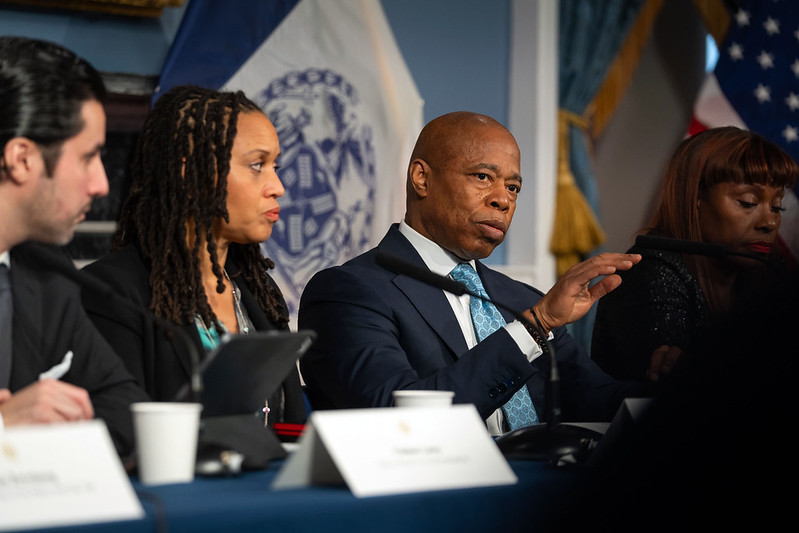A new boarding home for delinquent teenagers recently opened in South Ozone Park as part of an effort to keep rehabilitating youths close to their families — and already area residents are complaining.
The house, with only three residents so far, is part of the Close to Home program, created through legislation signed into law by Gov. Andrew Cuomo in March. The program allows young, non-violent offenders to stay in the city rather than go to a juvenile justice center upstate.
This way of dealing with delinquents make sense. Statistics show that juveniles sent away upstate from the city and family support upstate are more likely to commit crimes when they return to the city. One out of 10 children participating in Close to Home’s is rearrested, compared to eight out of 10 who are locked up.
Since the program is restricted to “non-violent offenders,” neighbors have little to fear. They must also understand that the focus of the juvenile justice system is rehabilitation.
Wanda Jackson, director of social services at the nonprofit SCO Family of Services, contracted to run the South Ozone Park boarding home and three others in Queens, said, “The main problem [the children] were facing before is a lack of structure that we know families and kids need in this day and age to be successful. One of the main things that we’re ensuring is that the family is actively involved.”
The family can’t get involved if the child is locked away upstate. While the social workers are helping the juvenile, they also work with the family. Delinquents often come from dysfunctional families.
Jackson said when families are active participants in the rehabilitation process, it helps kids make better decisions not to be involved with the activities that got them into trouble in the first place.
We understand the community’s concern. Perhaps more of an effort should be made to explain the program to its neighbors.
Nevertheless, we think this approach is the future of juvenile justice. The city Probation Department pioneered a similar approach called Project Zero five years ago.
Every effort should be made to reach delinquents and their families before they become adult criminals.






























